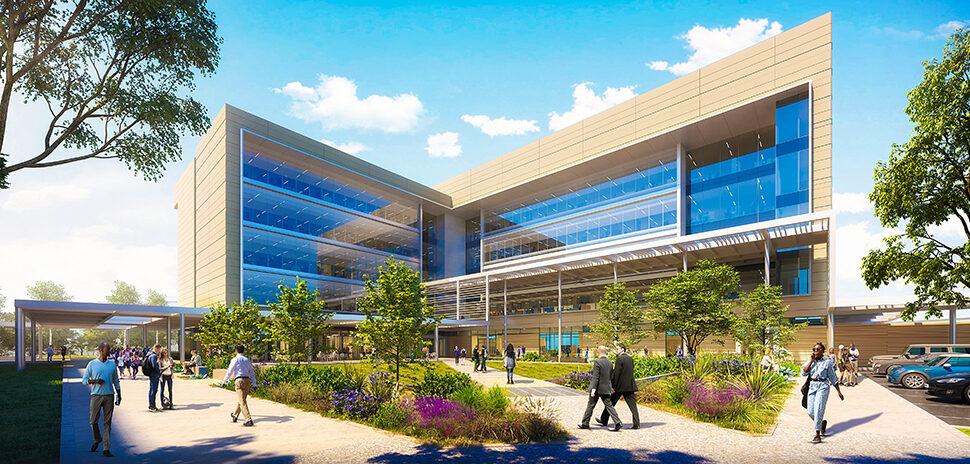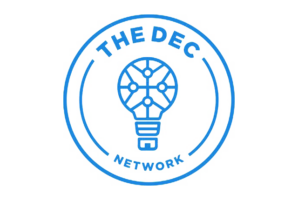Here’s something you’ll want to remember: A new study from a research team at the University of Texas Southwestern Medical Center shows that attention-grabbing experiences such as playing a video game or riding a roller coaster might help your memory.
The study in mice shows that such experiences trigger the release of memory-enhancing chemicals that can etch memories into your brain that happen borth just before or just after those experiences — even if they are unrelated to the event.
That might help you remember critical information, say for an exam or an important event.
The findings by a team at UT Southwestern’s Peter O’Donnell Jr. Brain Institute were published in Nature.
“Activation of the locus coeruleus increases our memory of events that happen at the time of activation and may also increase the recall of those memories at a later time.”
Dr. Robert Greene
But there’s a catch. To create the memories, you have to find something interesting enough to activate the release of dopamine from the brain’s locus coeruleus region.
“Activation of the locus coeruleus increases our memory of events that happen at the time of activation and may also increase the recall of those memories at a later time,” Dr. Robert Greene, the study’s co-senior author and a Professor of Psychiatry and Neurosciences with the O’Donnell Brain Institute, said in a release.
That could explain why so many remember what they were doing when the Sept. 11, 2001 terror attacks happened, or where they were when John F. Kennedy was assassinated in 1963.
You read more about the research here.













![Manufacturing Institute President Carolyn Lee delivers the annual State of the Manufacturing Workforce Address at NTT DATA's North American headquarters in Plano on Feb. 25, 2026. [Screenshot/NAM YouTube]](https://s24806.pcdn.co/wp-content/uploads/2026/02/Carolyn-Lee.png)














